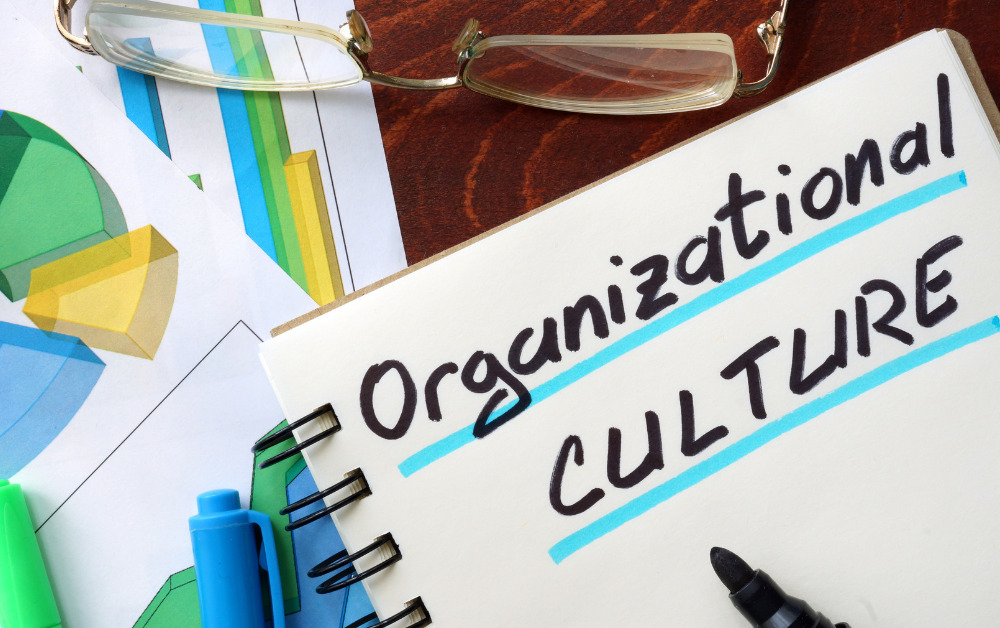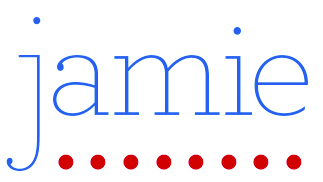Attending to Organizational Culture in Times of Change
In the whirlwind of today’s ever-evolving business landscape, the ability to sustain desired organizational culture is more than a goal—it’s a strategic imperative. How do leaders keep the essence of their organization’s culture alive amidst relentless change? This article delves into the art and science of maintaining and nurturing your organizational culture, even as the ground shifts beneath you. Drawing on wisdom from renowned thought leaders and leveraging adaptive frameworks, we’ll guide you through the strategies that ensure your culture not only survives but thrives, regardless of the external forces at play. Join us on this journey to discover how you can anchor your organization’s values and identity, turning the challenge of change into a tapestry of opportunity and growth.”
Understanding the Foundation of Culture
Our culture is deeply influenced by collective values-based behaviours in an organization or group. According to the Barrett Values Centre, founded in 1993, “It is the collective practised values, seen through behaviours, of an organization that create the culture.” and therefore, “Building optimal culture begins with understanding the values that inspire it.” (For more information about cultural alignment and misalignment read our blog post How to Create and Aligned Organizational Culture.)
As Peter Drucker noted, “Culture eats strategy for breakfast.” A positively empowered culture creates a successful implementation of the strategy. Without a healthy culture, the implementation of the strategy will land flat or be achieved but in ways not palatable to or successful for the organization.

Navigating Cultural Dynamics During Change
There are a number of considerations for navigating cultural dynamics during change.
The first is to understand the culture and check in on it at least annually. The Barrett Value Centre emphasizes values alignment in developing, adapting and sustaining culture. Understanding the underlying elements of the collective behaviours of the organization lies in understanding the top aggregated personal values of the entire team (and possibly stakeholders and clients), currently practised organizational values as experienced by the team, and desired organizational values identified by the team. Staying in tune with these supports navigating change with the practice of the current and desired values through behaviours.
The second is to understand that executives and leaders have a profound impact on the culture of the organization. Others impact culture, and, at the same time, executives and leaders model the way through their actions and behaviours. This is a call for leaders to be intentional about the culture. According to the Barrett Values Centre, based on the thousands of surveys they have carried out, they have developed some rules about organizational cultures and leadership groups as follows:
- Rule 1: An organization cannot operate at a higher level of consciousness than the personal consciousness of the leadership group.
- Rule 2: An organisation’s culture is either a reflection of the personal consciousness of the leadership group (conscious or subconscious) or inherited from previous leadership groups.
- Rule 3: In general, most organizations operate with a “default” culture because it arises unconsciously. The culture is not managed or monitored. Instead, it is simply recognized as “the way things are done around here.”
The third, when it comes to enabling a healthy and productive culture amidst change, is to consider Peter Senge’s advocacy for learning organizations that adapt and evolve. This foundation sets the stage for sustaining culture amidst change. Continuous learning through various means helps leaders and teams to understand current trends and practices, uplevel their capabilities, and move forward in an informed direction. It supports the adaptability required by continuous change that we are experiencing and will continue to experience.

As an example, current change has occurred with a hybrid workforce in organizations that were in-person prior to 2020. People are not in the same place at the same time, which can create a disconnect. People are not seeing the practised values of their teams throughout the day or throughout the organization. This poses a challenge to understand the culture. To understand the culture, a cultural assessment can be conducted. From there, the team can explore the alignment and gaps between the current and desired culture, choose 1 or 2 desired values to focus on for the year, collectively decide on the actions, and implement the actions, model the desired behaviours, encourage and acknowledge them, and together regularly discuss the impact of the new behaviours based on the desired values.
Cultivating Resilience: Navigating Change While Preserving Your Desired Organizational Culture
Sustaining a desired organizational culture amidst ongoing change requires intentional effort, adaptive leadership, and strategic alignment with core values and principles. By leveraging insights from established frameworks and thought leaders, organizations can navigate the complexities of change while maintaining a culture that supports resilience, engagement, and fulfilment.
Embark on a transformative journey with coaching to master the art of sustaining your organization’s desired culture in an ever-changing environment. Discover how personalized coaching can empower you to refine your leadership skills, deepen your understanding of cultural dynamics, and strategically influence your organization’s culture to thrive amidst transition. Connect with me to explore how coaching can be your catalyst for fostering a resilient, engaging, and fulfilling workplace, even as you navigate the complexities of change. Let’s collaboratively craft a culture that’s not only enduring but also adaptable, reflecting the best of your organization’s values and vision. Use the button below to book a complementary exploration call to get started.


